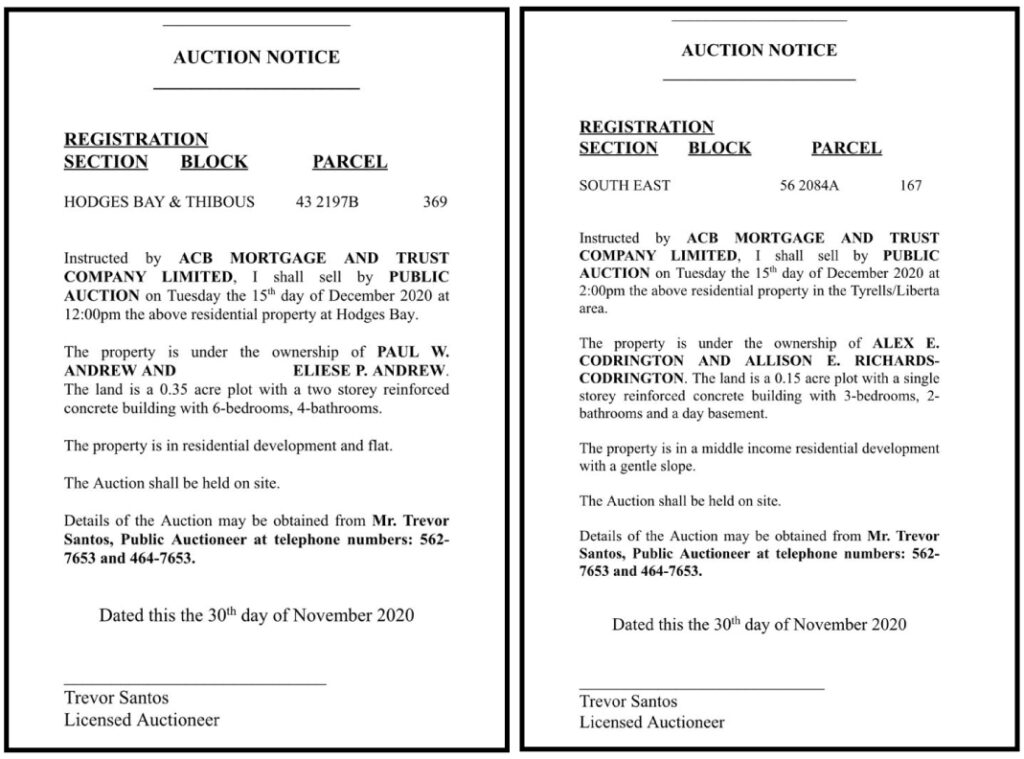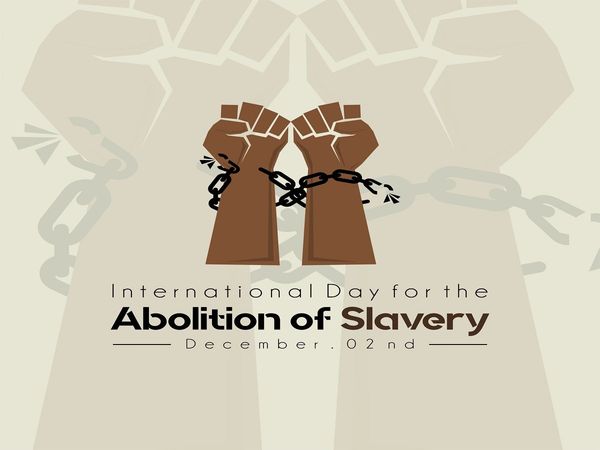As the world recognizes today as the International Day for the Abolition of Slavery, one member of the Antigua Reparations Support Commission is hoping to bring awareness to the issue of modern day slavery.
Dr. James Knight in a recent media appearance explained briefly what exactly modern day slavery is about. He was speaking mostly about the countries which are reported to still have modern day slavery going on a large scale.
As reported by Global Findings, India, China, Pakistan, North Korea, Nigeria, Iran, Indonesia, Democratic Republic of the Congo, Russia, and the Philippines – account for 60 percent of people living in modern slavery and over half the world’s population.
“If you hear these name, these are the names you would see on a lot of tags, on a lot of the fancy clothes and other items that we use. These people are being severly exploited, paid little wages, working in terrible conditions…so when you go into the Walmarts and these different stores this is what you are supporting. That is what they call the high cost of low prices. That is the product of what they call modern day slavery,” said Knight.
According to the United Nations, 24.9 million people are in forced labour, 15.4 million people are in forced marriage. The data further revealed that 5.4 out of 1,000 people fall victim to modern slavery. The UN last year stated that 150 million children are forced into child labour.
Despite these figures, Knight is still reminding the public to not in any way forget or diminish the impact that the African Slave Trade still has on the world.
He also shared his support to the removal of relics which are a constant reminder of the slave era. He believes that these relics, for instance statues can be added to the museum for historic revelance but he does believe it is a long overdue matter even here in the country with parks like the George V Grounds to be renamed.
International Day for the Abolition of Slavery was commissioned by the United Nations General Assembly and is intended to eliminate the modern-day forms of slavery that exist in the society. It emphasises the importance of human rights, ensuring that people are free from the shackles of slavery.
The most recent effort by the international community to address this crime at the global level is the Protocol to Prevent, Suppress and Punish Trafficking in Persons, Especially Women and Children, supplementing the UN Convention against Transnational Organized Crime which entered in force on 25 December 2003. The Trafficking in Persons Protocol provided, for the first time, a universally agreed upon definition of trafficking in persons.
It addresses human trafficking as a crime including all forms of exploitation and all types of victims, seeking to foster greater criminal justice action, and the protection and implementation of the rights of victims.

The Trafficking in Persons Protocol commits ratifying States to combating trafficking in persons, prosecuting perpetrators, protecting and assisting victims of trafficking and promoting cooperation among states in order to meet those objectives. To date, 147 countries are party to the Trafficking in Persons Protocol.
Several organisations also conduct sessions to make people more aware of the slave trade and its evolution across the world.




